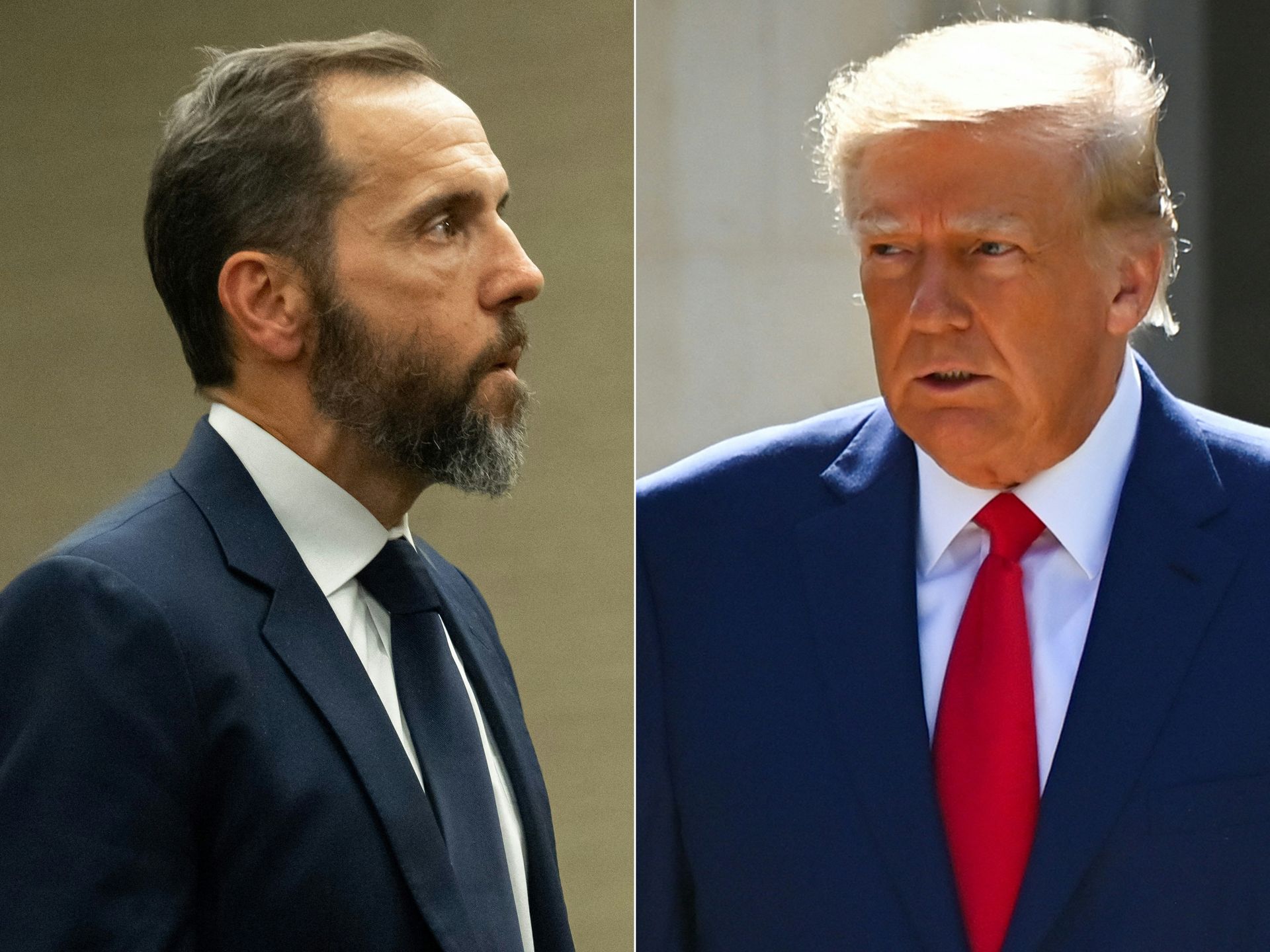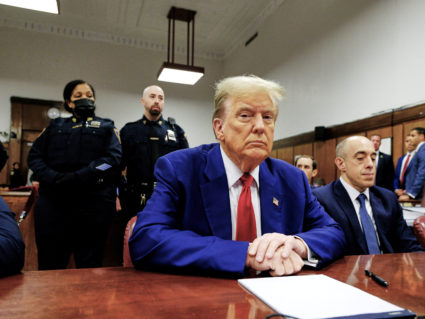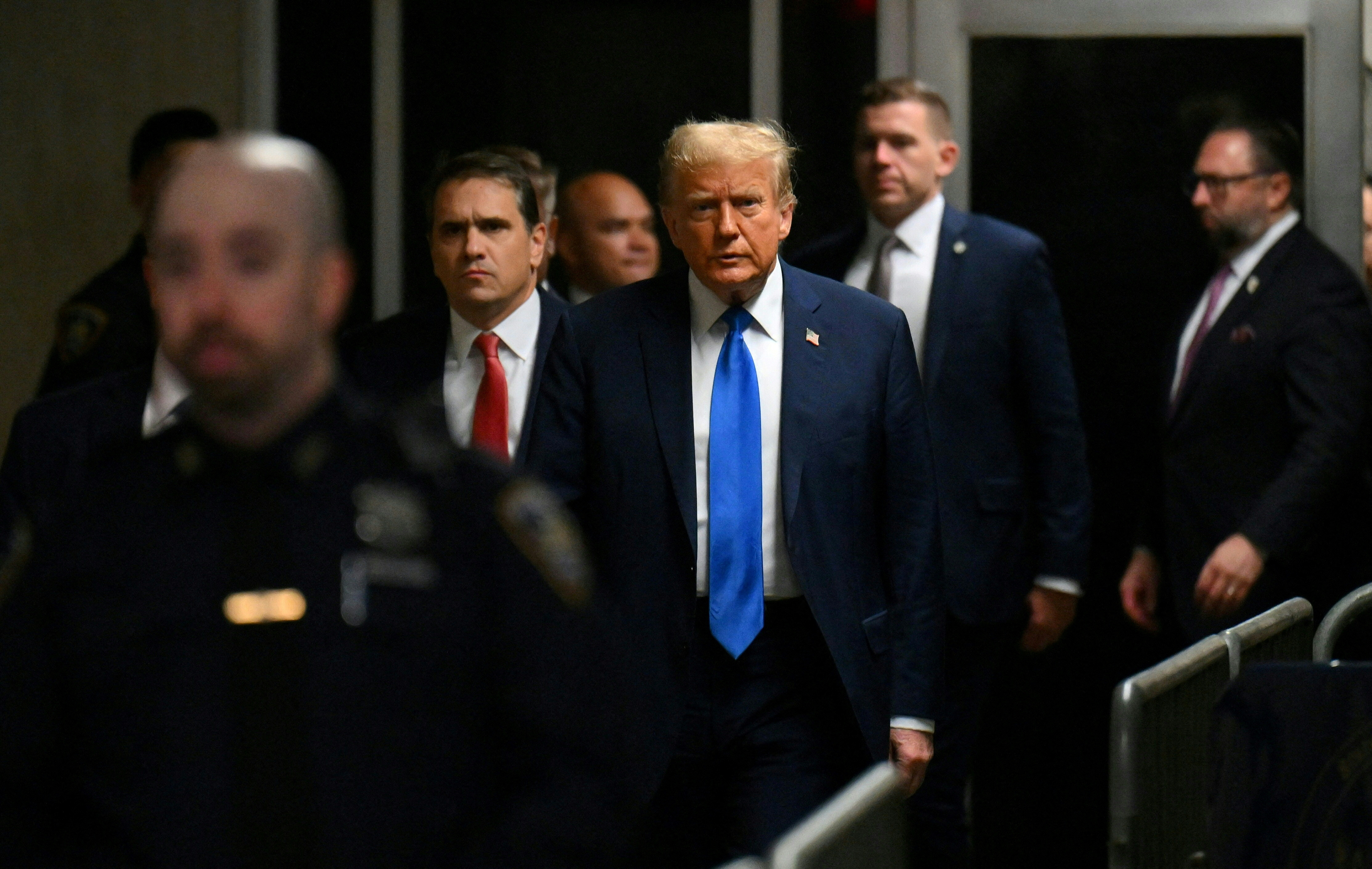In a shocking turn of events, Special Counsel Jack Smith has dropped a bombshell of evidence that could fundamentally alter the landscape of the legal battle against former President Donald Trump. Just weeks before the election, Smith has unveiled documents that directly implicate Trump in a coordinated effort to subvert the 2020 election results, sending Trump’s legal team into a state of chaos.
 Smith’s filings, now made public by U.S. District Court Judge Tanya Chutkan, assert that Trump was acting as a candidate, not a president, during his alleged attempts to overturn the election. This critical distinction could strip Trump of the immunity he has claimed, which the Supreme Court recently ruled does not apply to actions taken for personal or political purposes. The stakes could not be higher as Trump’s defense crumbles under the weight of newly revealed evidence.
Smith’s filings, now made public by U.S. District Court Judge Tanya Chutkan, assert that Trump was acting as a candidate, not a president, during his alleged attempts to overturn the election. This critical distinction could strip Trump of the immunity he has claimed, which the Supreme Court recently ruled does not apply to actions taken for personal or political purposes. The stakes could not be higher as Trump’s defense crumbles under the weight of newly revealed evidence.
The documents include digital communications, emails, and memos from Trump’s senior aides, detailing a premeditated plan to challenge the election results well before the January 6 insurrection. Most damning is Trump’s own signature on a directive tied to this scheme, which prosecutors argue proves his direct involvement. The evidence paints a picture of an orchestrated effort to delay the certification of election results, not a mere spontaneous protest.
Inside Trump’s legal camp, panic erupted as news of the filings broke. Defense attorneys convened an emergency meeting to assess the damage and strategize damage control. The mood was described as “controlled chaos,” as the team scrambled to counter the implications of the evidence that directly links Trump to the alleged crimes.
Legal experts, including former prosecutors, are now acknowledging the strength of Smith’s evidence, which dismantles Trump’s defense of plausible deniability. This shift in narrative has not gone unnoticed, as even Trump’s staunchest supporters begin to question his viability as a candidate amidst growing legal troubles.

In a bold move, Smith has offered to testify in public hearings before Congress, seeking to clarify mischaracterizations of his investigation. This could further escalate the political stakes, as Democrats push for televised hearings that would lay bare the evidence against Trump. The political landscape is shifting, with some Republican voters expressing fatigue over the chaos surrounding Trump and calling for new leadership.
As the legal drama unfolds, all eyes are on the next court date. Smith’s team is prepared to move forward, even if it extends beyond the election season. The implications of this case could redefine presidential accountability in America, challenging the long-held belief that the presidency offers a shield against legal consequences.
With Trump’s signature now on the line, the question looms: can he survive this unprecedented legal onslaught? As the evidence mounts, the narrative shifts from denial to damage control, leaving Trump’s campaign in a precarious position. The clock is ticking, and the stakes have never been higher. The battle is on, and the outcome could reshape the future of American democracy itself.





